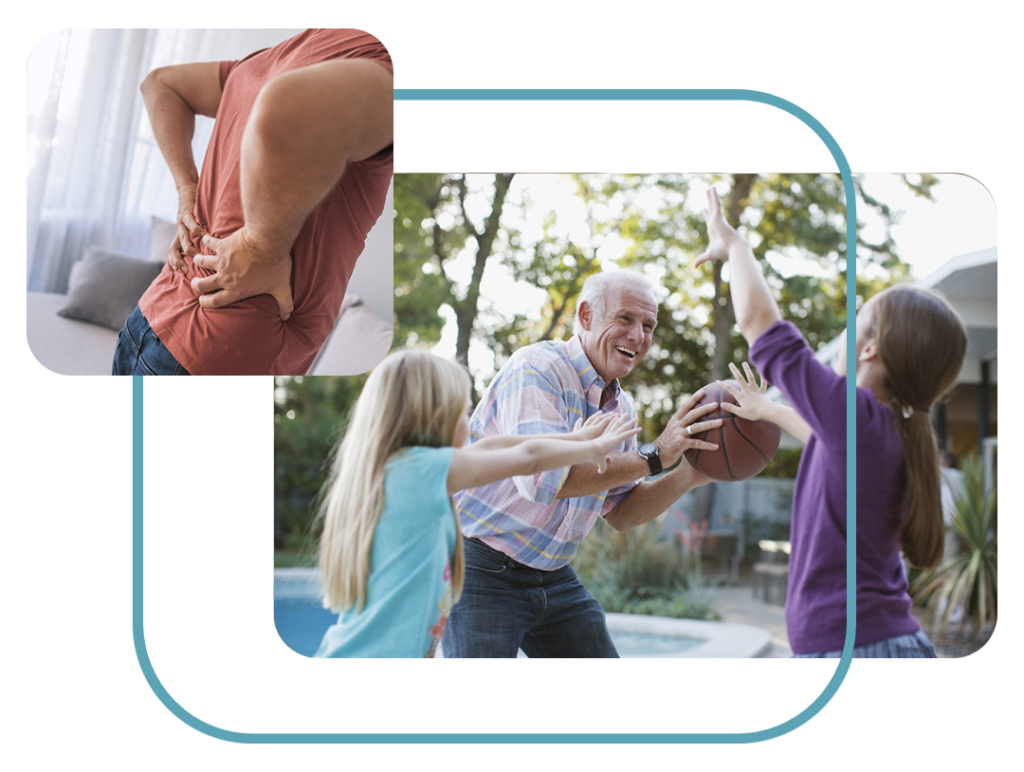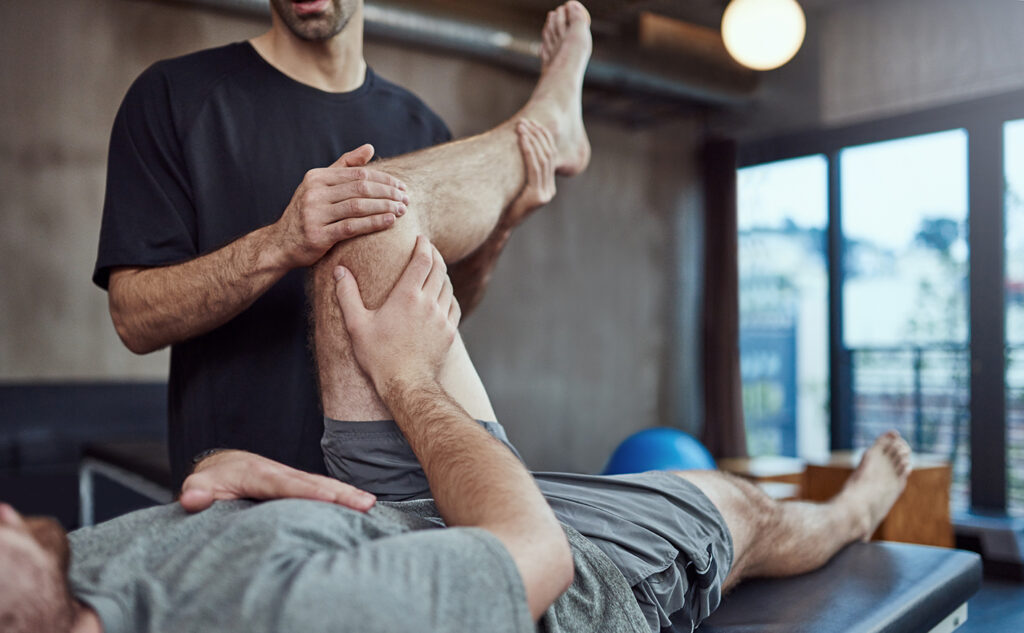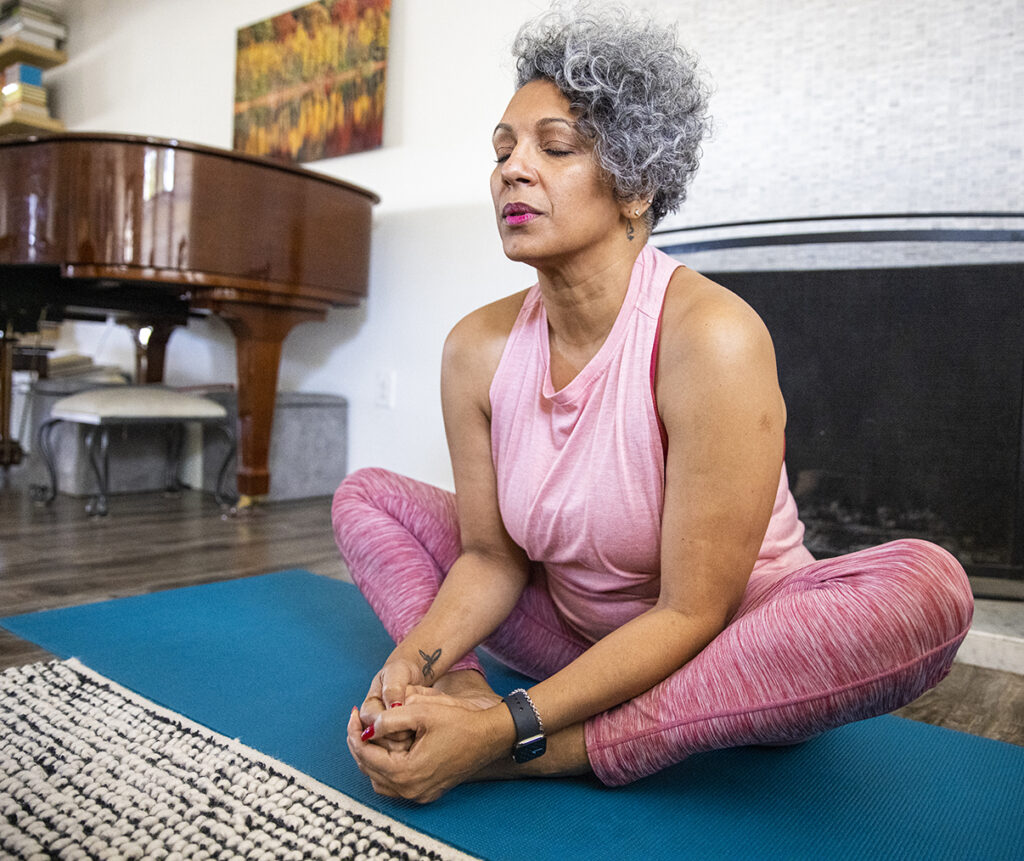Soft tissue
injuries
If you’re suffering from a soft tissue injury, Mr Shah has the expertise to diagnose and treat your condition and get you back on your feet.
- Receive expert advice from a consultant
- Choose from all your treatment options
- Enjoy everyday life pain-free


Peter’s hip replacement
Miranda’s knee replacement
Karin’s hip arthroscopy
Karin’s hip arthroscopy
What is a soft tissue injury?


Signs you have a soft tissue injury
I am extremely grateful
- Lee Barber
Treatments for soft tissue injuries
Soft tissue injuries usually respond well to RICE: rest, ice, compression and elevation. Depending on the severity of your injury you may need to keep the joint still and wear a support. Your GP might also recommend a course of physiotherapy to strengthen your injured joint and avoid future damage.


Time to see a specialist?
If conservative treatments fail to improve your injury, your GP can refer you to Mr Shah for a surgical consultation. Orthopaedic surgery is an effective form of treatment for more complex soft tissue injuries.
In most cases, arthroscopy – a type of keyhole surgery – can repair damaged soft tissues with minimal discomfort and recovery times. Cortisone injections can also help to relieve persistent pain and inflammation.
Tips to avoid a soft tissue injury
You can reduce your risk of a soft tissue injury with targeted exercise to keep your muscles strong. Warming up before any exercise; good technique and footwear are also important, and protective clothing such as knee protectors will give your joints some extra support in the event of a fall or collision.

Ready to restore your independence?
To ask us a question or arrange a consultation with Mr Shah, don’t hesitate to get in touch.


